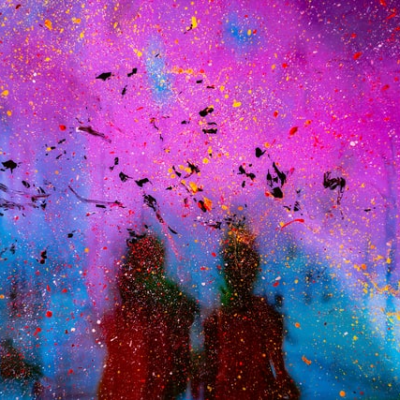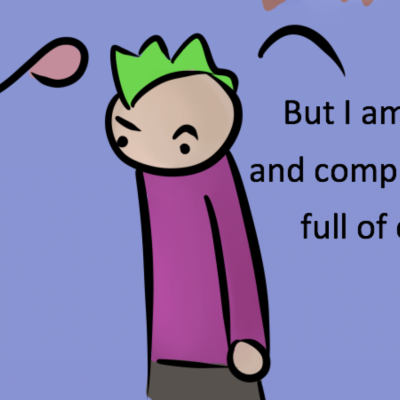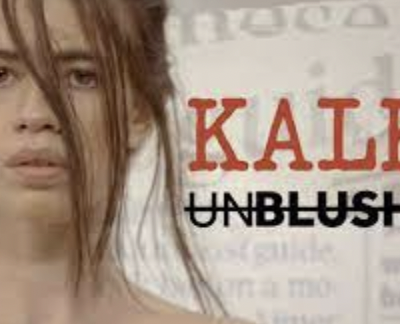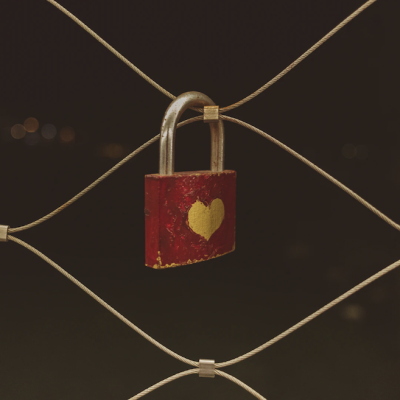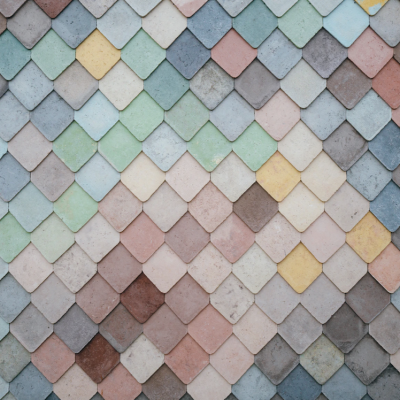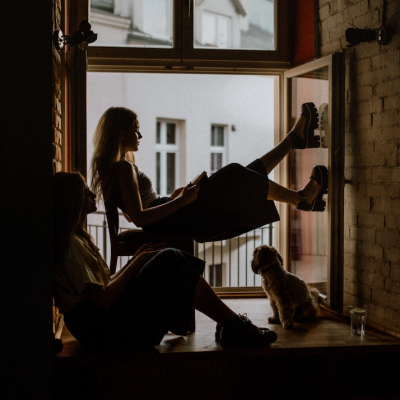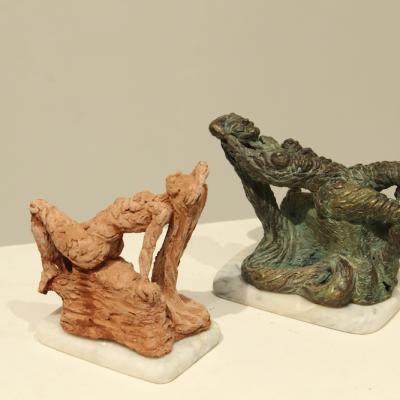authenticity
Growing up, for me, has been about accepting that the loneliness and sadness woven into the fabric of my being do not go away with entering conventional arrangements like monogamous relationships or marriage.
The most satisfying spiritual and sexual experiences I’ve had were not in my twenties, thirties or even forties. They have been in my 50’s. The most insightful spiritual insights, and the most orgasmic orgasms have both arrived in middle age.
To chase down our own vulnerabilities around sexuality is a short run around the corner, five minutes ago, last night sleeping alone, with a lover, a partner who lost interest, the Insta post that leaves you feeling you’re not good enough for the hug, the kiss, the cuddle and are you perhaps the A of LGBTQIA+?
My friend’s son, too, likes wearing tutus and frilly skirts. Every time they go shopping for clothes, he heads to the girl’s section and picks out the frilliest outfit. At check out, invariably the cashier asks if the pretty outfit is for his sister and he confidently says it is for him. Often he wears these outfits to school. His confidence comes from his mother’s acceptance of him and her understanding of his gender expansiveness. It helps that she is a sociologist, but there is a constant pushback from society including from his peers at school who bully the little boy. But it is the constant support from his mother and family that allows him to remain confident and thrive whilst being different.
No two human bodies are alike, and our different bodies arouse curiosity. But our fascination for the aesthetics of the perfect human body has historically created a space within art, science and religion for the examination of the ‘abnormal’ and the ‘imperfect’. As a result, some bodies are normalised while others become oddities. Freak Shows, and to a large extent, circuses and even exhibits in medical or anthropological museums particularly stand out for dehumanising and objectifying these different anatomies, and oftentimes subjecting these bodies to violence and discrimination.
Robot Hugs gives us a glimpse into the doubts and confusions they grappled with while growing up, and unravels the tightly wound preconceptions in culture influenced by, and at the same time, influencing scientific and medical imagination.
Sharp and evocative, Kalki Koechlin’s spoken-word poem The Printing Machine lays bare the cycle of ceaseless and desensitised consumption engendered by the media. Kalki’s short and hard-hitting sentences, keys tap-tap-tapping, and the chrrs and grrs of printing machines bring out the urgency and sensationalism media narratives embody, turning incidents of violence into a stream of headlines that make us gasp and forget, gasp and forget.
Vulnerability – is it a condition we find ourselves in? A state of being we choose? Let’s keep it very simple: it depends on the approach we take to defining it. In the former approach, we are ‘done to’, while in the latter we are consciously ‘doing’.
To chase down our own vulnerabilities around sexuality is a short run around the corner, five minutes ago, last night sleeping alone, with a lover, a partner who lost interest, the Insta post that leaves you feeling you’re not good enough for the hug, the kiss, the cuddle and are you perhaps the A of LGBTQIA+?
Being vulnerable helps boost our self-esteem and self-worth by pushing us out of our comfort-zone. It provides us with an opportunity to overcome obstacles and reach deep down within ourselves to find strength and confidence to keep going even when the odds are against us.
It took me some time to realise how important being vulnerable or, for that matter, being vulnerable during sexual engagement was for me to have great sex and how empowering it is for my sexuality. After much thought, I decided to open up to my partner about my past experiences and other things I never used to openly talk about.
“Be yourself, Sarah. Awkward smiles, empty silences, weird laughter, and all. It’s just a part of being human. Loving someone physically is never not awkward. Even if it’s a monogamous relationship. It’s only the comfort of familiarity that makes you think otherwise.”
Through multiple maquettes, I finally came across (since I myself did not know what the result of the form or figure would be) the Reclining Lady. She represents confident femininity and vulnerability. The feeling one has after taking a bath and sitting in the nude, drying oneself in unabashed nakedness.
We must all care for ourselves and be discerning about when and where and with whom we show our cards…but those who can hold our emotional and sexual vulnerability are out there, and we can find them and be all of who we are.
Ageing is often associated with a loss, a lack of ability and strength. When combined with sexuality, in the popular imagination, fed especially by market forces, youth is to be lauded and ageing regarded as the impending horror that must be evaded for as long as possible.



